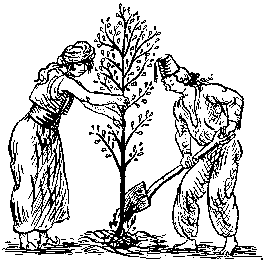
Dans l'atelier de Fabula (dossier Pourquoi les études littéraires?):
Manifesto for the Arts and Humanities: The Example of Candide,
Par David McCallam (University of Sheffield - Royaume-Uni).
Ce manifeste pour les arts et humanités dans les universités anglaises fait à maints égards écho à l'ouvrage d'Yves Citton Lire interpréter actualiser, avec bien sûr des différences liées à la situation politique (Cameron/Clegg 2010, et non Sarkozy 2007) mais aussi au texte de référence (Candide et non Le Manuscrit trouvé à Saragosse), et aux intertextes clés (Foucault, Rancière, Naomi Klein, Dorling).
Voici les 5 Articles que développe le manifeste:
Article 1°
At the heart of societies keen to foster tolerant multiculturalism, the arts and humanities provide an essential and unique site for negotiating and experimenting with linguistic, philosophical and cultural plurality.
Article 2°
By increasing our capacity for empathy, the arts and humanities make us ethically more aware and aesthetically more alive; and they do so through forms of language (dissenting, citing, chatting) which often defy institutional control.
Article 3°
Publicly funding the arts and humanities recognizes that all our collective activities are grounded in just that: 'col-lectio', a shared reading or interpretation. The reader is then a viable alternative model of the worker, and the arts seminar a vital alternative mode of production.
Article 4°
University arts and humanities classes constitute a genuinely democratic space, founded on the equality of intelligences of their members; at once levelling and empowering, they are the workshops of citizenship.
Article 5°
By educating us to be self-aware and critically autonomous, the arts and humanities ensure that we are less likely to collude in our own oppression; equally, they best equip us to manage society's increasingly frequent crises of representation (political, economic, cultural, rhetorical, visual).